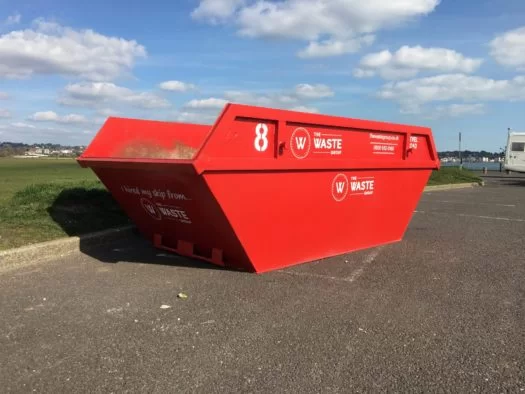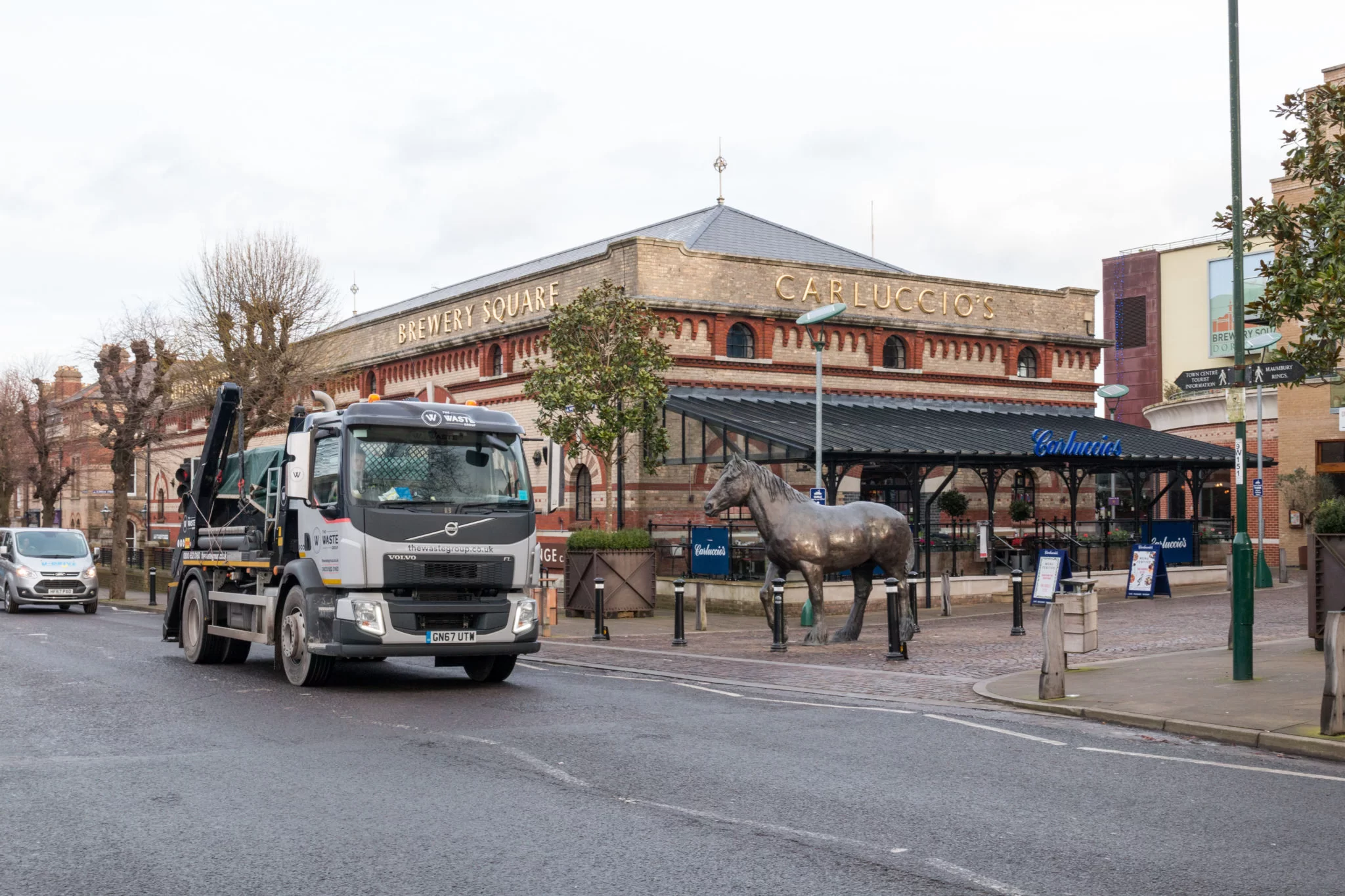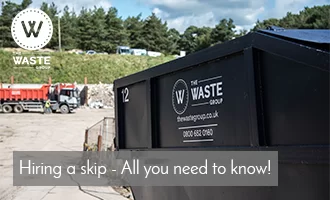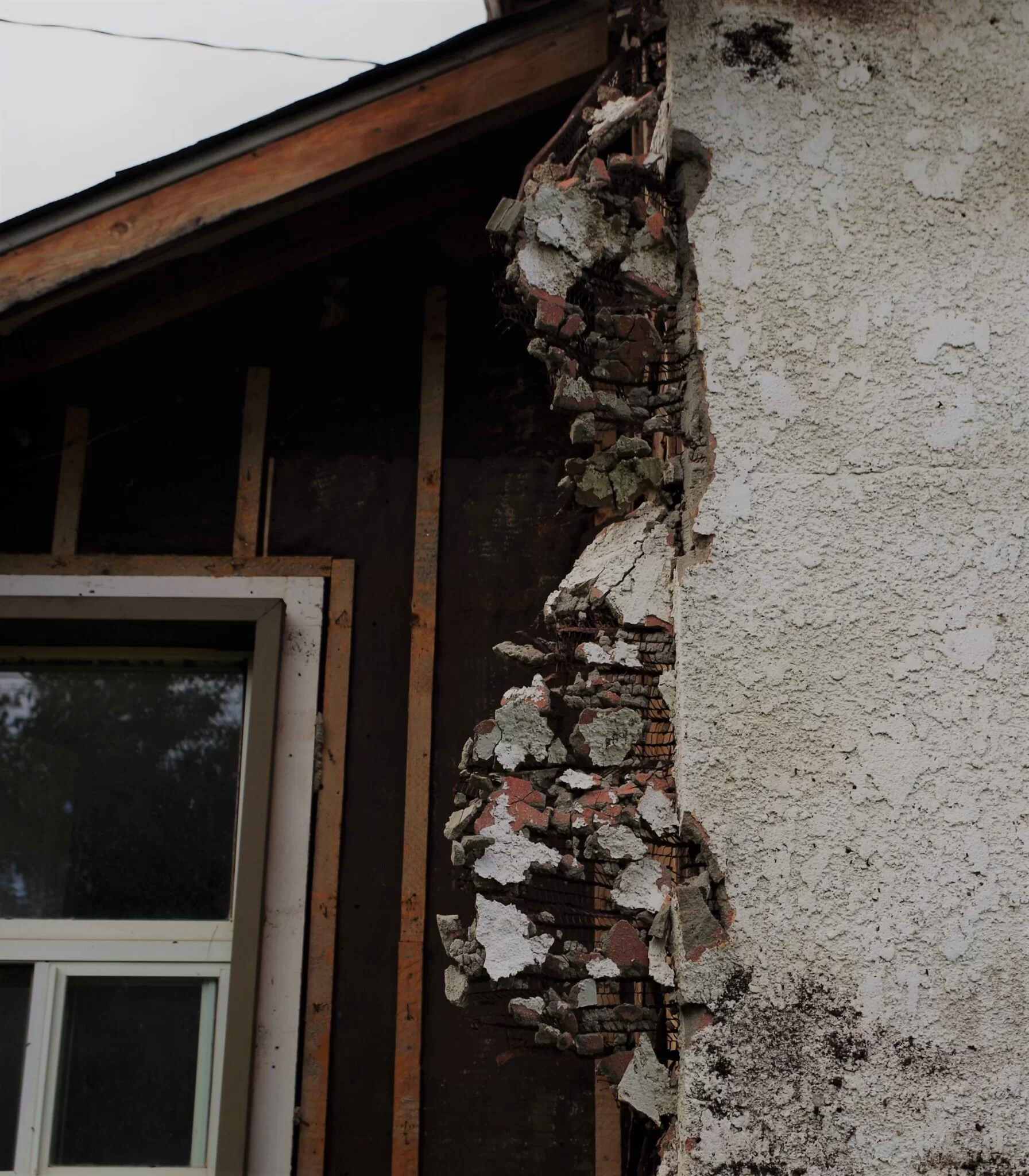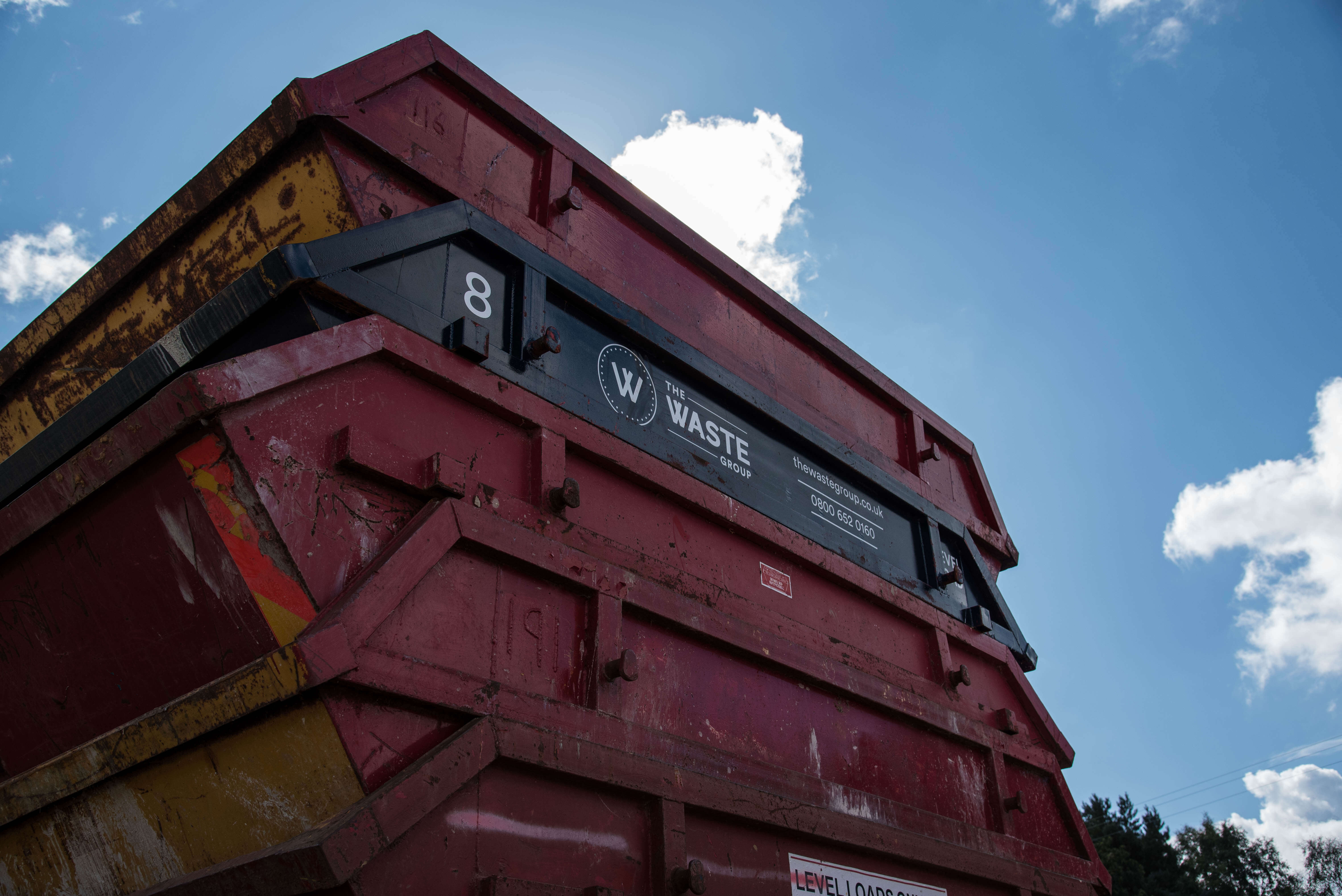How are we making skip hire more sustainable?
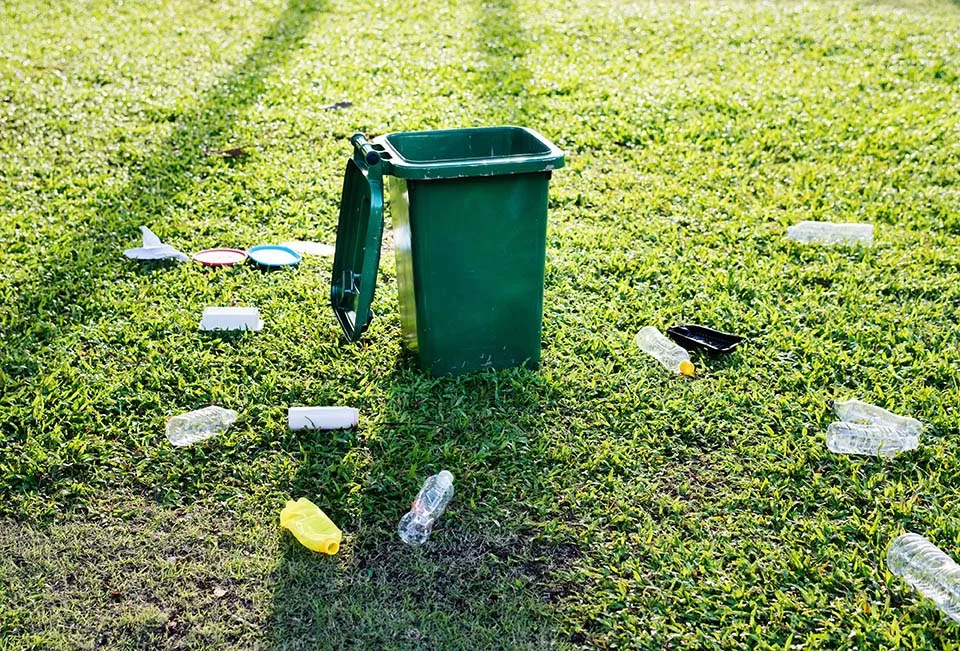
Sustainability could certainly be classed as a “buzzword” at the moment, but what does it really mean? And is it possible for Skip Hire in the UK to be a sustainable industry? In this blog post, our resident environmentalist, Sarah Levett, explains how skip hire and the waste industry in general can be more sustainable.
Currently, there is no broadly accepted definition for the term sustainability but all definitions focus around the idea of avoiding depletion of natural resources or reducing harm to the environment, without compromising the needs of future generations; creating a sustainable future.
As most of us are aware, there are many ways that people are depleting natural resources, reducing availability for future generations, and even more ways that we are harming the environment. Engineering Community site interestingengineering.com have created a list of 10 ways humans impact the environment.
Here is how The Waste Group is helping to address these issues to make Skip Hire more sustainable.
COMBATING POLLUTION
Recycling can help prevent pollution in various ways, according to Science site Sciencing. Recycling reduces the amount of waste going to landfill, and therefore reduces the resulting ground and water pollution. Landfills are also known to produce a lot of methane gas; a key factor in climate change.
Recycling materials such as aluminium and paper also uses significantly less energy than making goods from virgin materials. This greatly reduces the amount of greenhouse gases produced during the manufacturing process. At our Waste Management site in Wareham, Dorset, we carefully sort through all of the rubbish we receive, segregating up the different waste for recycling at specialist plants.
Water pollution is also a huge issue, with 8 million tons of plastic being dumped into the ocean every year. Collecting and managing the waste is a responsible way reduces the amount of waste entering our oceans, polluting the water and damaging marine life.
REDUCING ACID RAIN
Emissions from petrol and diesel vehicles are known to contribute to air pollution, but are also a leading contribution to acid rain. Acid rain is caused by sulphur and nitrogen oxides combining with water in the atmosphere forming acids, which fall in the rain and other precipitation.
To reduce our contribution to acid rain and air pollution in general, our fleet of skip lorries all meet the EURO6 emissions grades. EURO6 are the latest emission standards set by the EU, and dictate that all new vehicles now need to meet much lower levels of Nitrous Oxides emissions (NOx), Carbon Monoxide and Particulate Matter emissions. With Nitrous Oxides being a major contributor to acid rain, our lorries which meet these new emission regulations are helping to reduce our contributions to acid rain.
LIMITING DEFORESTATION
The effects of deforestation on the planet go far beyond the removal of trees and damaging the natural environment. Trees and other plants take carbon dioxide out of the atmosphere, naturally combating global warming. Therefore removing trees increases the impact of global warming.
Recycling paper and cardboard reduces the amount of trees being logged for use as new materials, but recycling other materials can also help combat deforestation. Any material taken out of the ground, such as aluminium or other mined or drilled materials, will cause the removal of some natural habitat that would otherwise have been helping remove carbon dioxide from the atmosphere, so any reuse or recycling of materials can reduce our impact on the environment.
SO CAN SKIP HIRE BE SUSTAINABLE?
In terms of reducing our harmful impacts on the environment and reducing depletion of natural resources, skip hire can be done sustainably. Carefully sorting all waste that comes into our site so that we can recycle as much as possible is key, alongside reducing the pollution from our lorries out on the road and other machinery.
The technology for reducing the impacts of managing our waste on the environment is rapidly changing and companies that are focused on sustainability can keep up with these developments, setting examples and improving standards for the whole industry.
Got waste that you need to get rid of in a sustainable way? See our Skip Hire page for more information or to get a quick online quote.

